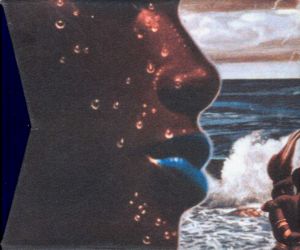
- Format: FLAC

Columbia's continuing summation of the career of Miles Davis through lavish box set reissues resumed in 1998 with the Complete Bitches Brew Sessions, a four-disc set including all the music from the original 1970 double-album Bitches Brew, plus over two additional hours of music from the six-month period during which the album was recorded. (Some of those tracks were previously released on compilations like Big Fun and Circle in the Round, but almost one-third of the material lay unissued until this release.) The music is simply fabulous — the simultaneous birth and peak of jazz-rock/fusion, with a host of major players (John McLaughlin, Chick Corea, Joe Zawinul, Wayne Shorter, Jack DeJohnette) and many innovations. There is a bit more evidence of tape hiss than in Columbia's last American remastering of the album, but the revelations of depth and timbre more than make up for it. Though the unreleased selections are distinctly inferior to those released on Bitches Brew, "Yaphet," "Corrado," and "Trevere" are intriguing jam sessions that reveal much about the creative process between Davis and producer Teo Macero during recording. Unlike Columbia's previous sets in the series (one treating Miles' period of collaboration with Gil Evans and one featuring the music of his second classic quintet), the Bitches Brew sessions lend themselves well to a box set of this type — presenting the music in chronological order does no harm to original LP configurations as it did on previous sets, and the music here is another glowing testament to Miles' importance to the development of jazz in 1969, as in 1949.